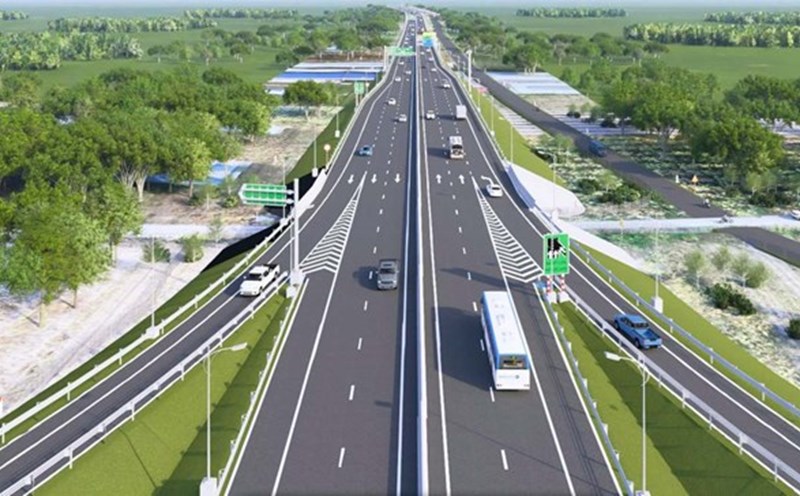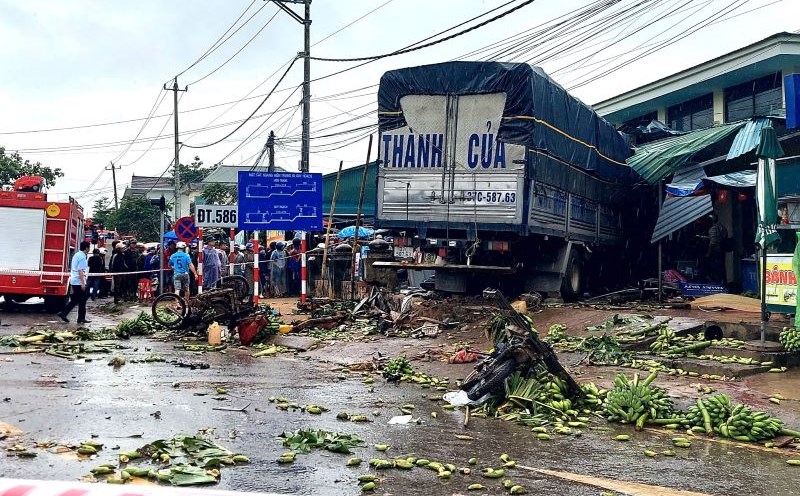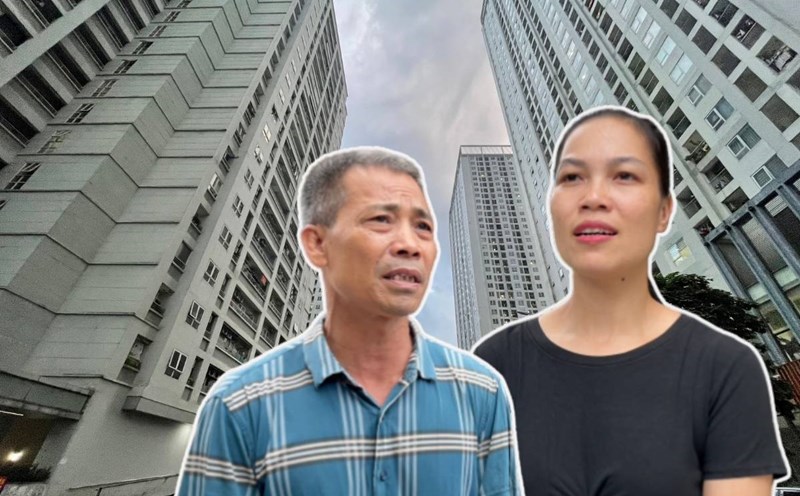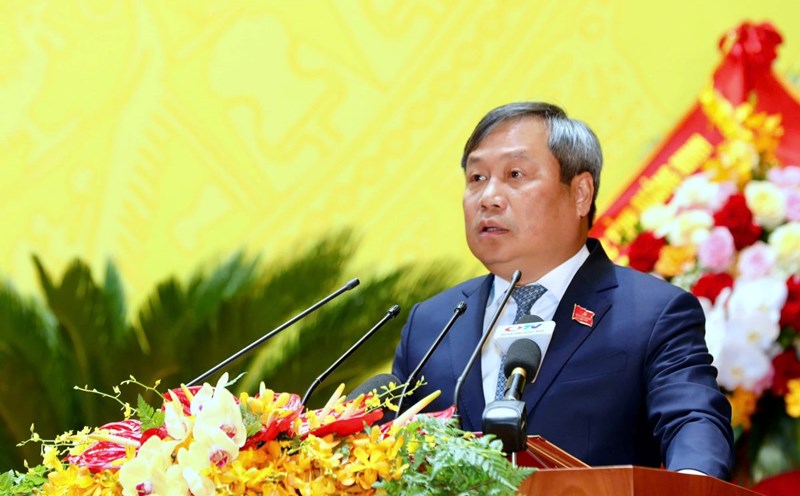Bringing universities to ministries, branches and localities
The above contents are stipulated in the draft Resolution of the National Assembly on a number of specific mechanisms and policies to make breakthroughs in the development of education and training, announced on September 26.
Accordingly, the Ministry of Education and Training directly manages key universities and colleges, while ensuring comprehensive autonomy in organization, personnel, and academics for higher education institutions, regardless of the level of financial autonomy.
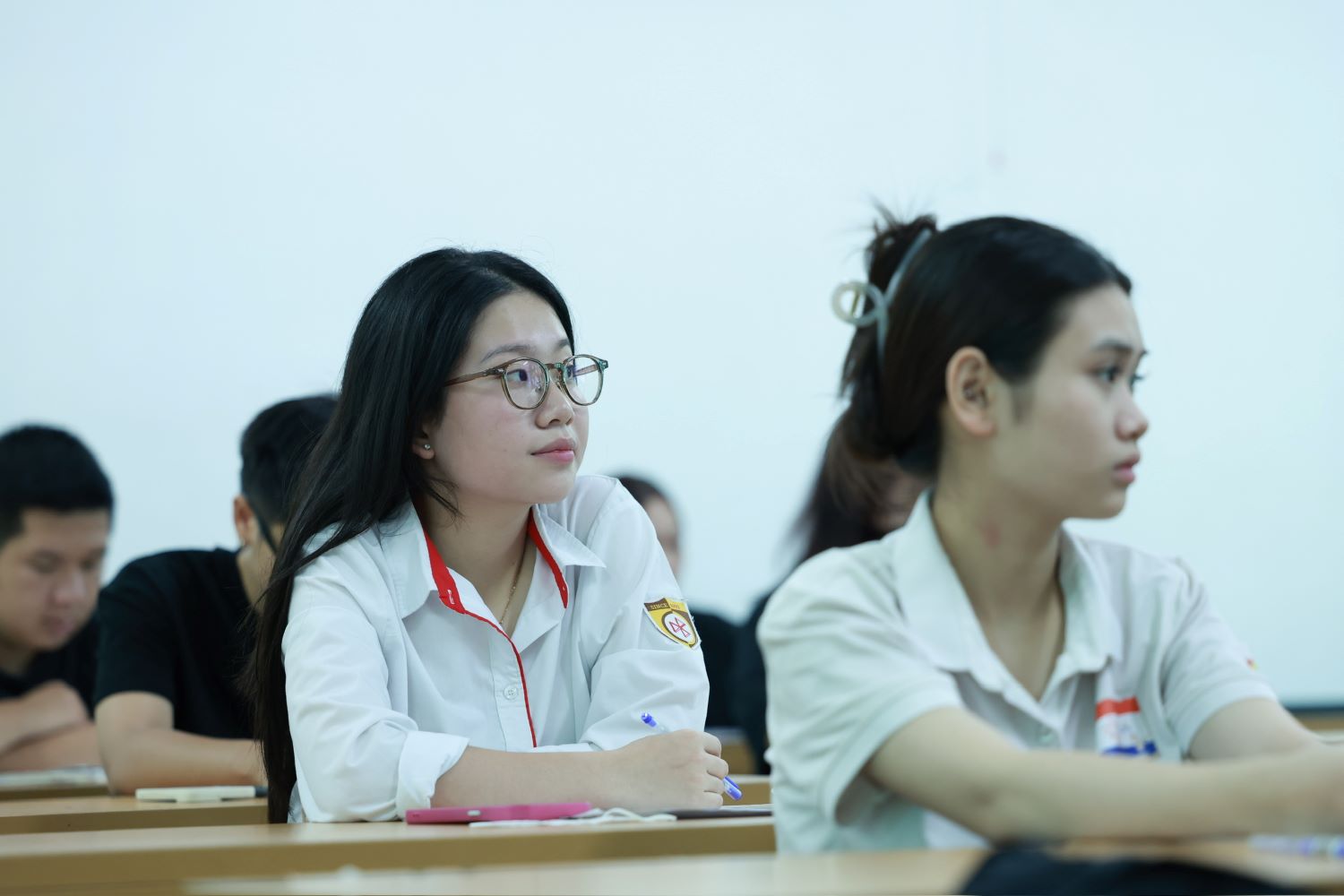
Assign the Ministry of Health and the Ministry of Culture, Sports and Tourism to manage a number of specialized and specific facilities; transfer the remaining facilities to localities in conjunction with on-site human resource development needs; research and merger research institutes with higher education institutions, ensuring a unified and modern system.
Resolution 71 of the Politburo on breakthroughs in education and training development requires urgent arrangement and restructuring of universities; merging and dissolving schools that do not meet standards; eliminating intermediate levels; researching the merger of research institutes with universities; transferring some schools to local management.
According to statistics from the Ministry of Education and Training, there are currently 11 universities nationwide; 173 universities and academies (excluding national universities and regional universities), including 61 private universities and 5 foreign universities; 8 training schools with higher education activities; 40 doctoral training research institutes and 5 other institutions with master's and doctoral training. The number of schools in the national defense and security sector is 40.
Regarding this policy, Minister Nguyen Kim Son said that, except for police, military schools and private schools, about 140 public schools will be rearranged to overcome the situation of fragility, smallness and underdevelopment.
Increasing preferential allowances for teachers
A notable point in the Draft Resolution of the National Assembly on a number of specific mechanisms and policies to implement breakthroughs in education and training development is the special human resource policy, including preferential allowances for teachers, flexible recruitment and treatment mechanisms and co-organization mechanisms in human resource exploitation.
Regarding special allowances: Increase vocational allowances to a minimum of 70% for preschool and general education teachers and 100% for teachers working in areas with particularly difficult socio-economic conditions. The policy directly expresses the requirements in Resolution 71-NQ/TW, which is a strategic and urgent solution to create attraction for new recruitment, gradually solving the current shortage of teachers.
Regarding recruitment mechanisms: Allow localities and key educational institutions to apply flexible and over-the-term compensation policies, creating conditions for equal competition in the global labor market, etc.
According to the Ministry of Education and Training, the policy aims to build a team of teachers and managers with sufficient quantity, synchronous structure, meeting regional and international standards, meeting the requirements of innovation and integration.
Regarding the co-organization mechanism: Allowing experts and scientists from research institutes and enterprises to concurrently teach and research at educational institutions to optimize society's high-quality intellectual human resources, without increasing staff, while strengthening the link between training - research - production and business.
Resolution 71 adds a co-organization policy to exploit and use the team of prestigious and quality scientists from research institutes, hospitals, singers, artisans, and artists participating in educational activities, contributing to improving the skills, expertise, and training quality of higher education institutions.




